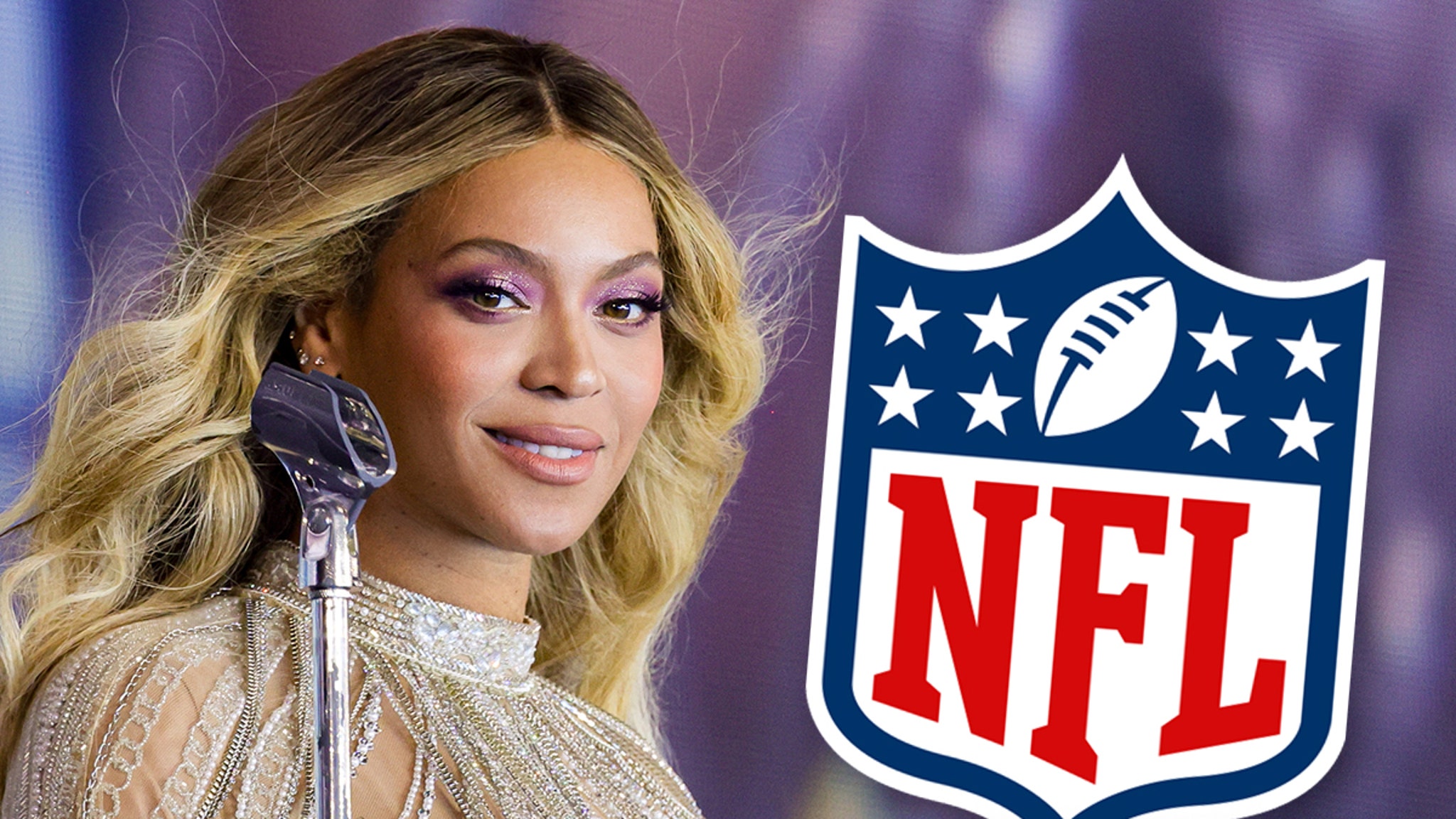Entertainment
Brett Favre Mississippi Welfare Funds Scandal: Us Explains

Green Bay Packers legend Brett Favre’s alleged role in a wide-ranging welfare fraud scandal has taken him from his home state of Mississippi to Capitol Hill, where he testified in front of Congress on Tuesday, September 24.
Favre, along with former Governor Phil Bryant, are the two most prominent figures in a scandal that stems from Mississippi misallocating $77 million in federal funds meant to serve the state’s lowest-income residents.
Some of those misdirected funds went either to Favre himself or to causes Favre advocated for, like a new volleyball facility on the campus of his alma mater, the University of Southern Mississippi. Favre’s daughter was on the school’s volleyball team at the time.
The former quarterback also allegedly directed some of the funds to defunct pharmaceutical company Prevacus, in which he was an investor.
Additionally, Favre received $1.1 million from that fund in speaking fees for events he ultimately never attended. Favre paid that money back, but he allegedly did not return the $730,000 in interest that the Mississippi Department of Human Services says he owes. Favre has denied any wrongdoing and faces no criminal charges, but the state is suing him to recoup that interest.
In a surprising turn, Favre revealed his Parkinson’s diagnosis during his testimony, pushing the hearing further into the limelight.
“Sadly, I also lost an investment in a company that I believed was developing a breakthrough concussion drug I thought would help others, and I’m sure you’ll understand why it’s too late for me because I’ve recently been diagnosed with Parkinson’s,” Favre said.
The Key Players
The entire web of this scandal is complicated, but it begins with Bryant, who was in office from 2012 to 2020. Bryant appointed John Davis to the position of state welfare director in 2016. Over his four-year tenure, Davis directed millions of federal dollars to the nonprofit Mississippi Community Education Center (MCEC), which was run by Nancy New. New allegedly worked closely with Bryant and Favre on directing some of those funds, meant to help Mississippians in poverty.
The money for the volleyball facility at USM, for example, came from the MCEC, “under the guise that people in poverty would attend courses at the facility,” according to Mississippi Today.
Davis, New and New’s son Zachary have all since been arrested and pleaded guilty to state and federal charges.
The Gist
The Temporary Assistance for Needy Families (TANF) program provides a certain amount of money annually to each state as a means of assistance to those in poverty. Under Bryant’s administration, tens of millions of dollars from TANF grants were funneled through two non-profits, including the MCEC, in a way the state auditor deemed “questionable.”
Favre, Southern Mississippi’s volleyball program and Prevacus were among the recipients of those funds. Favre and Bryant claim to have not known where the money came from, but unearthed text messages put that into question. For example, Favre texted New in August 2017, “If you were to pay me is there any way the media can find out where it came from and how much?”
After Davis was forced out of his position, Favre texted Bryant, asking how it would impact funding for the volleyball facility.
“I will handle that… long story but had to make a change,” Bryant wrote. “But I will call Nancy and see what it will take.”
Why It’s a Big Deal
Over a four-year period, up to $77 million intended for the neediest families in Mississippi was instead directed elsewhere. In 2019, Mississippi had a higher poverty rate than any state in the country, hovering around 19.6 percent. The national average at the time was 10.5 percent, according to The Center for American Progress.
Mississippi Today reports that from 2016 to 2020, the state allocated $317 million total in TANF funds, meaning the misallocated portion accounted for nearly a quarter of the overall amount.
The legal process is still playing out, but as Davis awaits sentencing, he faces up to 15 years in prison for his role in the scandal. New, meanwhile, faces up to 10 years in prison and Zachary, who helped her direct the nonprofit, faces up to five.
What People Are Saying
As Favre maintains his innocence, insisting he did not know where the money was coming from and that he did not even know what TANF was at the time, others aren’t buying it.
Mina Kimes, one of ESPN’s most prominent football reporters, called Favre a “disgrace” on the network’s popular roundtable discussion show, Around the Horn in 2022.
“What Brett Favre did wasn’t just stupid — it was cruel,” she added via X. “And it tarnishes a legacy that, quite frankly, already should’ve been diminished.”
Jenn Sterger, the gameday host for the Jets during Favre’s lone season in New York, spoke out after Favre went public with his Parkinson’s diagnosis on Tuesday, writing via Instagram,“I don’t wish bad things on anyone, but I know Karma never forgets an address. Imagine being diagnosed with such a terrible disease and not having the resources to fight it bc some Hall-of-Fame quarterback stole it?”
Sterger accused Favre in 2010 of sending her inappropriate photos and explicit text messages during his time with the Jets, which she says damaged her reputation and career.
What’s Next?
There’s a lot happening at once. Davis as well as Nancy and Zachary New are still awaiting sentencing, while Favre’s case is ongoing.
Meanwhile, a new wrinkle has emerged. Bryant sued Mississippi Today for defamation earlier this year and is now looking to hold Anna Wolfe, the Pulitzer Prize-winning reporter who unearthed the scandal, in contempt of court for not turning over her notes, emails and confidential sources that she compiled while reporting.
Wolfe and her editors at the paper could face jail time if they do not comply. Her editor, Adam Ganucheau, said he would rather go to jail than reveal confidential sources.
























